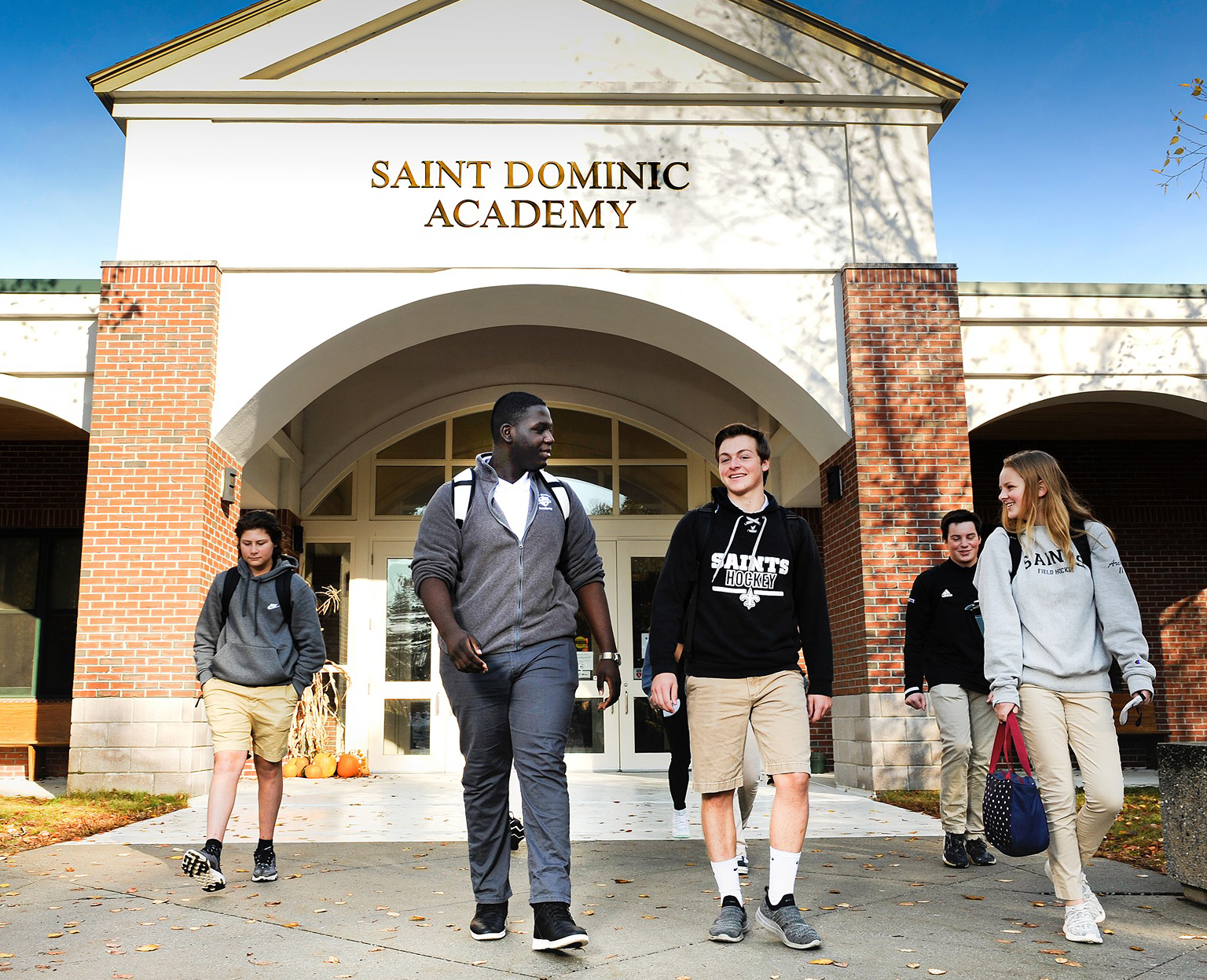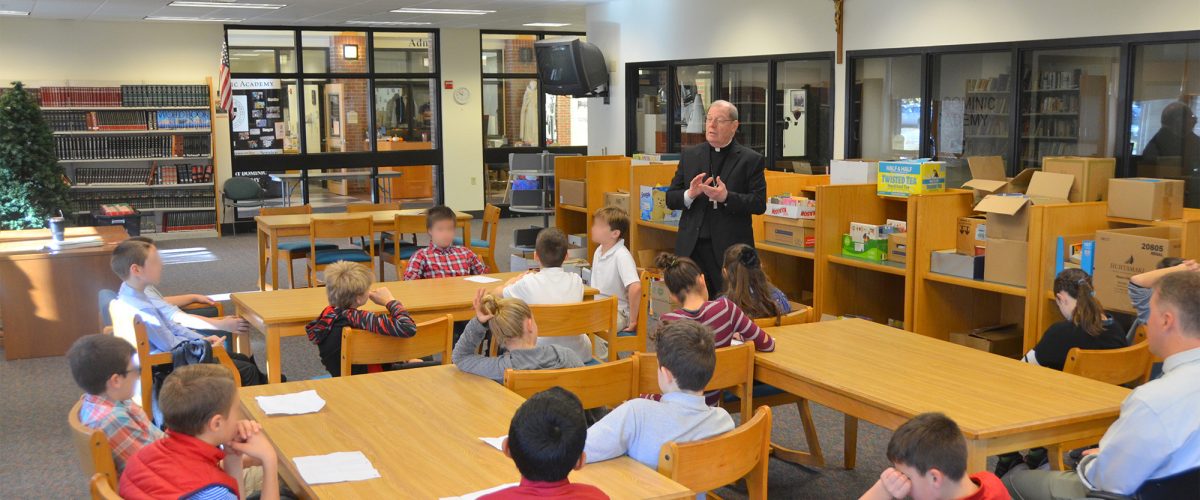A Catholic family and school filed a federal lawsuit June 13 claiming Maine is effectively barring religious schools from a state tuition assistance program despite a 2022 U.S. Supreme Court ruling clearing the way for the practice.
St. Dominic Academy v. Makin alleges that state officials created new rules to circumvent the high court’s Carson v. Makin decision, which required Maine to include faith-based schools in a program that provides tuition assistance to private schools located in areas where public schools are unavailable.
St. Dominic Academy is a pre-K to 12th grade school located in Auburn, Maine, and operates under the Catholic Diocese of Portland.
“Maine’s new laws block schools that receive tuition funds from allowing any religious expression unless they allow every kind — meaning that a Catholic school like St. Dominic can’t have Mass unless it also allows a Baptist revival meeting,” according to the Becket Fund for Religious Liberty, a conservative legal advocacy group representing the school, diocese and co-plaintiffs Keith and Valori Radonis of Whitefield, Maine.
“It also gives the state’s Human Rights Commission — not parents and schools — the final word on how the school teaches students to live out Catholic beliefs regarding marriage, gender and family life. As a result, faith-based schools are still being barred from serving rural families through the program.”
The suit was filed in the U.S. District Court for Maine against Education Commissioner Pender Makin and five commissioners of the state’s Human Rights Commission.

Publicity photo from St. Dominic Academy
Becket identified the Radonis family as organic farmers who want to send their children to Catholic schools to strengthen their faith. Doing so with government assistance was a practice common in Maine until 1981 when the state began disqualifying faith-based schools from the program. Numerous challenges by other families over several years failed until the Supreme Court’s 6-3 Carson v. Makin ruling.
That decision alarmed those concerned about the erosion of church-state separation. Among them was Justice Sonia Sotomayor, who wrote a blistering dissent to the decision.
“This court continues to dismantle the wall of separation between church and state that the Framers fought to build,” she said. “From a practical perspective, today’s decision directs the State of Maine (and, by extension, its taxpaying citizens) to subsidize institutions that undisputedly engage in religious instruction. … As this court has long recognized, the Establishment Clause requires that public education be secular and neutral as to religion.”
In his dissent, Justice Stephen Breyer articulated another of the traditional arguments against government subsidizing faith: “The First Amendment begins by forbidding the government from ‘making any law respecting an establishment of religion.’ It next forbids them to make any law ‘prohibiting the free exercise thereof.’ The court today pays almost no attention to the words in the first clause while giving almost exclusive attention to the words in the second.”
And that was precisely the approach Chief Justice John Roberts took in writing for the majority in Carson.
“Maine’s ‘nonsectarian’ requirement for otherwise generally available tuition assistance payments violates the Free Exercise Clause,” he wrote. “The Free Exercise Clause of the First Amendment protects against ‘indirect coercion or penalties on the free exercise of religion, not just outright prohibitions.’”
“Nevertheless,” the newly filed lawsuit charges, “Maine persists in its religious discrimination.”
Soon after parents in Carson petitioned the Supreme Court to hear their case in 2021, “Maine amended the section of the Maine Human Rights Act that applies to co-educational public and private K-12 schools that receive public funds,” the plaintiffs allege. “Maine implemented these changes to continue the exclusionary practices that the Supreme Court declared unconstitutional in Carson.”
One of the new policies prohibits private schools enrolled in the tuition program from discriminating based on religion. “Among other things, this appears to mean that a religious school cannot participate in the program if it gives preference in admissions to students who share the school’s religious beliefs,” the plaintiffs said.
Another rule keeps religious schools from discriminating on the basis of gender identity and sexual orientation. These and other requirements function to exclude faith-based schools, according to the suit.
“Plaintiffs — a Catholic school, a Catholic diocese and a Catholic family — seek declaratory and injunctive relief against Maine’s ongoing efforts to ‘outmaneuver’ the Supreme Court and continue to exclude religious schools from the program,” the suit states.
Becket Senior Counsel Adèle Auxier Keim questioned why Maine will go to great lengths for some private schools but not for sectarian institutions.
“Maine is willing to pay for kids to go to all-girls boarding schools in Massachusetts and public schools in Quebec, but parents who choose Catholic schools like St. Dominic — which have been educating Maine kids for more than a century — are still out in the cold,” she said.
Related articles:
Conservatives hoping for a 6-3 ruling in favor of taxpayer funding for sectarian schools


